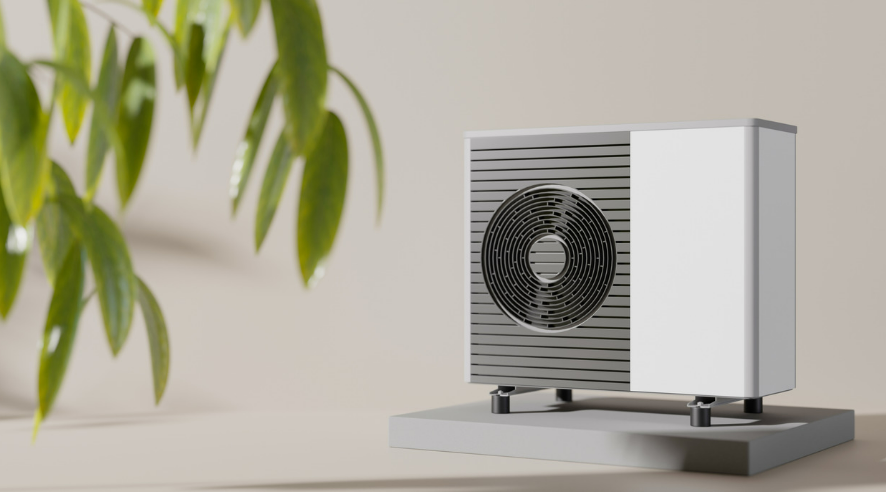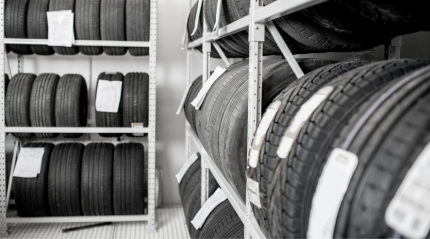The Science Behind Heat Pumps: How They Work and Why You Should Consider One for Your Home
- 1 April 2022

In a world where energy conservation and environmental concerns are at the forefront, it's important to explore alternative methods of heating and cooling our homes. Enter the heat pump, a system that utilizes a renewable energy source to provide warmth in the winter and cool air in the summer. In this article, we'll dive into the science behind heat pumps, how they work, and why they may be a viable option for your home.
At its core, a heat pump is a device that transfers heat from one location to another. This process is accomplished by using a refrigerant, which absorbs and releases heat as it circulates through the system. When heating your home, the heat pump extracts heat from the outside air, compresses it, and transfers it indoors. In the summer, the process is reversed, with heat being removed from your home and released outside.
Benefits
One of the main benefits of a heat pump is its efficiency. Unlike traditional heating and cooling systems, which create heat or cool air using electricity or fossil fuels, a heat pump simply moves heat from one location to another. This means that for every unit of energy used by the heat pump, three or four units of heat are produced. This high efficiency can result in significant energy savings, especially in areas with moderate temperatures.
There are three main types of heat pumps: air source, ground source, and water source. Air source heat pumps are the most common and use the outside air as their heat source. Ground source heat pumps, also known as geothermal heat pumps, extract heat from the ground through a series of pipes buried underground. Water source heat pumps use water as their heat source, typically from a nearby lake or well.
While heat pumps are generally considered more energy-efficient than traditional heating and cooling systems, their initial installation costs can be higher. However, these costs can often be offset by the long-term savings in energy bills. Additionally, some states and municipalities offer incentives and tax credits for homeowners who install heat pumps.
Features
One of the key features of a heat pump is its ability to provide both heating and cooling functions, making it a versatile option for year-round comfort. In addition to being more energy-efficient than traditional HVAC systems, heat pumps also have a longer lifespan and require less maintenance.
Another benefit of heat pumps is their ability to dehumidify the air, improving indoor air quality and reducing the risk of mold growth. This is especially important in areas with high humidity, where traditional air conditioning units may struggle to remove excess moisture from the air.
However, there are some limitations to consider when it comes to heat pumps. One of the main limitations is their effectiveness in extremely cold temperatures. While heat pumps can still operate in freezing temperatures, their efficiency may decrease, and they may require a backup heating system to maintain a comfortable indoor temperature.
Another limitation is their reliance on electricity, which can be expensive in some areas. However, as renewable energy sources become more widely available and affordable, this limitation may become less of an issue in the future.
In terms of installation, it's important to note that heat pumps require professional installation by a qualified HVAC technician. This is because they involve complex electrical and refrigerant systems that require specialized knowledge and training.
Conclusion
If you're considering a new heating and cooling system for your home, a heat pump may be a viable option to explore. With their high efficiency and use of renewable energy sources, heat pumps can provide significant energy savings over time. As always, it's important to weigh the initial costs against the long-term benefits and consult with a qualified HVAC professional to determine if a heat pump is the right choice for your home.




